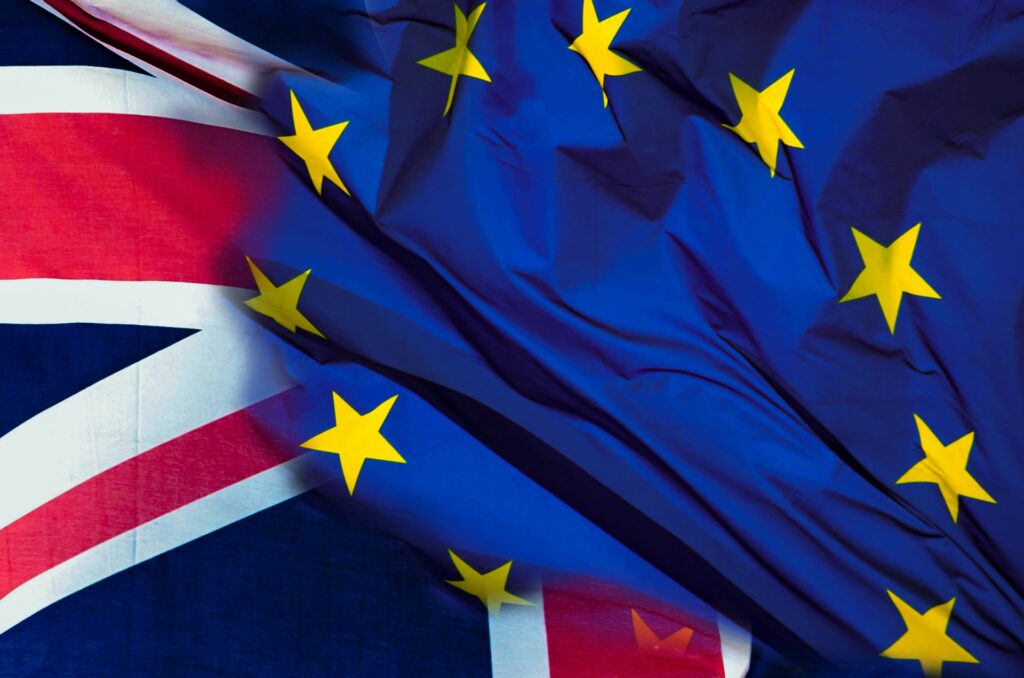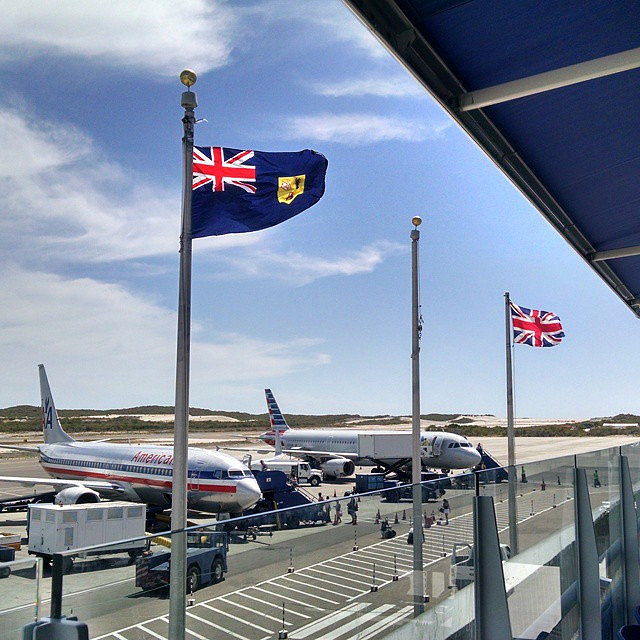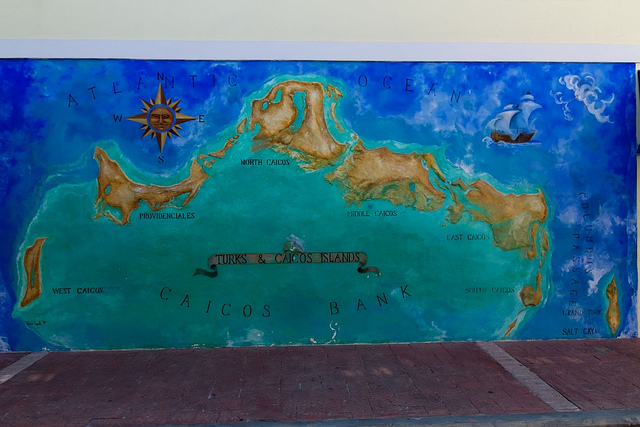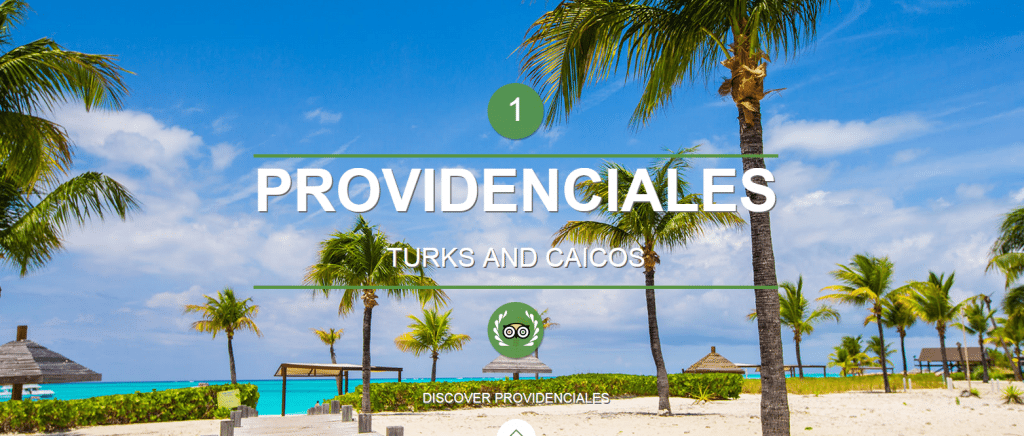
The Turks and Caicos wants to join Canada, or so the story goes. A new agreement between the Turks and Caicos and Prince Edward Island (a small province of just 100,000 people on Canada’s Atlantic Coast) to share ideas about governance is sure to keep that idea in the news for years to come.
However, what may be news to some is that the Turks and Caicos, with a population of just 33,000 people is already a member of a much larger political entity. No, it’s not the Association of Caribbean States (ACS). Thanks to the country’s current status as a British Overseas Territory, the Turks and Caicos (TCI) actually has strong ties with the European Union.
Strong Ties to the EU Thanks to the UK
Right now, thanks to their connection to the UK, citizens of the Turks and Caicos can live and work in Europe. They don’t need a visa to do so. The EU itself provides the Turks and Caicos with a number of subsidies and programs, aimed at protecting the environment and building economic capacity.
What’s more, the Turks and Caicos enjoys a free trade agreement with both the UK and the EU. There no barriers preventing the Turks and Caicos to exporting either the UK or the European Union, while the Turks and Caicos has the right to impose tariffs on EU imports.
All in all, access to the EU provides Turks and Caicos with a ton of benefits. But, thanks to the Brexit, those benefits may be in doubt. With a GDP growth of 5.94% in 2015, the Turks and Caicos is projected to experience economic growth of 4.4% in 2016, 4.3% in 2017 and 5.3% in 2018.
The Brexit could put all of that in jeopardy.

What is the Brexit?
Brexit is an abbreviation of “British exit”, which refers to the June 23, 2016 referendum by British voters to exit the European Union. The referendum roiled global markets, including currencies, causing the British pound to fall to its lowest level in decades.
In the non-binding referendum, the British public by a 52 to 48% margin voted for the UK to withdraw from the EU. Although the UK has not yet triggered Article 50 of the Treaty of European Union (Treaty of Lisbon), there is understandable concern among Caribbean countries about what implications the UK’s possible exit from the EU (Brexit) will have for their relationships with both the UK and EU.
What Does Brexit Mean for Turks and Caicos?
It all comes down to the Turks and Caicos’ status as a British Overseas territory. Since the United Kingdom is a member of the European Union, the Turks and Caicos is able to access the EU. In fact, the Turks and Caicos is a member of the Association of Overseas Countries and Territories of the European Union with its own mission to the EU.
The relationship with the EU means the Turks and Caicos enjoys de facto free trade, freedom of movement and access to subsidies and revenue transfers. The Brexit leaves all of this up in the air.

The Right to Live and Work in the EU
Nearly all of the 42.5% voting population hold British Citizenship (or are able to claim British Citizenship under the British Overseas Territories Act 2002) in addition to British Overseas Territory Citizenship and local Turks and Caicos Islander status. Thus, they are full European Union citizens, with the right to live and work anywhere in the 27 nation bloc.
It’s unknown how the Brexit will affect this freedom of movement.

Access to Funding
Surprisingly, the European Union has provided funding for a variety of projects throughout the islands, such as visitor centres at Little Water Cay (Iguana Island) and Cheshire Hall Plantation, and the majority of the funding for the North and Middle Caicos Causeway.
The Brexit leaves the fate of this funding up in the air.
Fewer British Tourists, Fewer Pounds Being Spent in TCI
What will be the immediate effect of the Brexit? A weaker British pound is having an immediate impact:
- a likely trend for American and Caribbean tourists to find Britain an attractive destination with lower prices as the pound falls
- a possible decline in British visitor numbers to the Caribbean
- a possible reduction in the amount spent by Brits abroad
However, inbound tourism to the Turks and Caicos has only increased over the past five years as the territory has recovered from the Great Financial Crisis. So far 2016 has been one of the busiest tourist seasons in the history of the Turks and Caicos. These booming numbers are based mainly on US and Canadian tourists, and it’s likely the boom will continue for now.
How Trade Will Be Affected
The Brexit could hurt the entire Caribbean economy, since trade with Britain, either the fifth- or sixth-largest economy in the world, depending on how you measure it, will no longer be able to trade with the EU and will itself take a large economic hit.
Once the UK has concluded its withdrawal from the EU it will cease to be a party to any EU trade treaties, including the CARIFORUM-EC Economic Partnership Agreement (EPA). The EPA, which was signed in 2008, provides with duty-free, quota-free access to the EU market.
Turning the Brexit lemon into lemonade for Caribbean countries https://t.co/Bhtyuy4UhI
— Alicia Nicholls (@LicyLaw) July 28, 2016
Focus On Increasing Trade With UK, Say Experts
Focusing on the UK will be key, say some experts. The Turks and Caicos and other Caribbean nations will have to forge closer links with businesses and private sector organisations in the UK and seek out new business opportunities.
Alicia Nicholls, writing for Caribbean Trade Law, says:
The Caribbean diaspora living in the UK, while an important source of remittance inflows, is a still largely undertapped resource as an export market and source of foreign direct investment.
And she hints that maybe there weren’t really strong connections with the EU in the first place:
The consensus so far is that nearly 10 years after the signing of the EPA, most CARIFORUM countries have not realised the benefits expected. Simply put, market access does not guarantee market penetration. Sound market research will be needed to identify specific niches within the EU market which Caribbean goods and services providers could tap into.
What Do You Think?
Many people think that, ultimately, the Brexit will be a positive development for Britain. There are opportunities for the UK to develop new trading partnerships and initiatives, and generally plot its own course in the world. For the Turks and Caicos, the connection to the EU is currently tenuous, so perhaps the territory will benefit from this realignment.
What do you think?
Leave a comment below and let us know.





